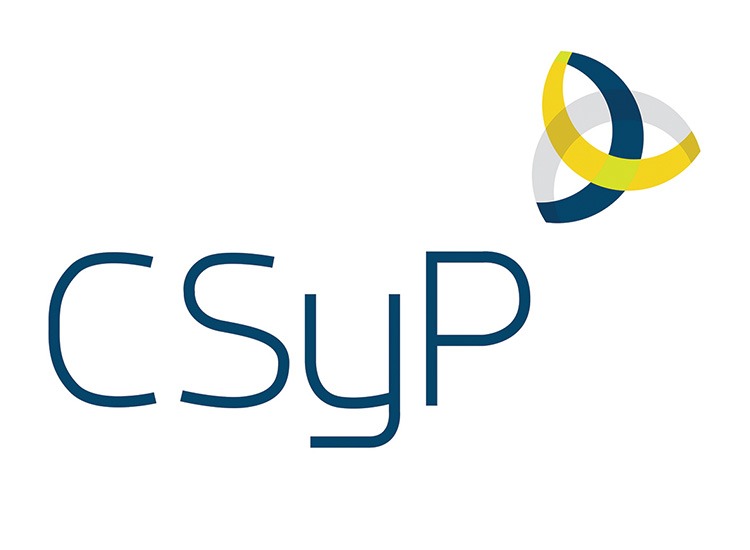A story of growth & recognition – The Register of Chartered Security Professionals
The progress of the Register of Chartered Security Professionals has continued virtually unabated since its launch in 2011, despite the impact and challenges of a global pandemic, and against the backdrop of a volatile economic landscape.
In 2018, in my then role as Ambassador to the Register of Chartered Security Professionals, I wrote a ‘good news’ article about the Register’s progress. Since its launch in 2011, the Register had been growing both in terms of numbers of Registrants, as well as gaining traction and recognition in both the public and private sectors.
There are now over 275 Chartered Security Professionals with sixteen nationalities represented on the Register, and it is fair to say that the Register is now known to the majority of security professionals, as well as to an increasing number of companies and organisations that regularly procure professional security and advisory services.
The Register is also recognised as the ‘Gold Standard’ both in terms of formal recognition, and as a mark of proven professionalism within the security sector and industry. Since its launch, there has been a leap forward in security professionals being viewed on a par with longer established and recognised professions, such as law, accountancy, surveying, medicine, and engineering.
Many readers will recall that the Register of Chartered Security Professionals was established under a Royal Charter issued to the Worshipful Company of Security Professionals in the UK and launched in 2011. Registrants use CSyP as a post-nominal and are called Chartered Security Professionals.
Chartered Security Professionals must comply with a Code of Professional Conduct, and complete Continuous Professional Development each year. As strategic thought-leaders in the security sector, they share their knowledge and influence for the benefit of business and public alike.
Qualifications and experience jointly reflect the competencies that an applicant to the Register must be able to demonstrate, together with their strategic impact.
A look at the list of current CSyPs, available on the CSyP page www.charteredsecurityprofessional.org is solid proof not only of the eclectic nature of CSyP Registrants as individuals, but also of the diverse locations of the organisations, businesses, and sectors in which they operate. The steadily increasing number of CSyPs that are based overseas provides welcome evidence of the growing global appeal of the Register.
Over the past eleven years, the steady promotion of the Register has led to further engagement, and recognition from a number of public sector organisations, including vital departments of His Majesty’s Government, such as the National Protective Security Authority, the Ministry of Defence, and the Foreign, Commonwealth & Development Office. Within the private sector, we see increasing numbers of Registrants operating in senior roles in the following sectors: security guarding providers; banking and financial services; transport; pharmaceutical industry; education; health services; and the energy and utilities sectors.
In recent weeks, the oversight and governance body of the Register, namely the Chartered Security Professionals Registration Authority (CSPRA), has been conducting a review of the application and admittance processes, to identify any areas for improvement.
Conducting such a review is a demonstration of good governance, and I would argue also represents a ‘coming of age’ of the Register, as it shortly enters its thirteenth year of operation. Any material changes in the application process that may arise from the review process will be published accordingly.
In the meantime, another influencing factor that will impact CSyPs, and indeed the private security sector generally, is the advent of ‘Martyn’s Law’, which is officially titled the Terrorism (Protection of Premises) Bill. Although still currently undergoing Home Office, and ultimately Parliamentary scrutiny, Martyn’s Law will impose a number of mandatory security obligations on the owners and operators of both larger and smaller premises and venues.
The details of Martyn’s Law have already been covered previously in City Security in a range of articles and opinion pieces, but there are number of points in both the Bill itself, as well as in a recent Home Affairs Committee report on the Bill, which are of particular significance for Chartered Security Professionals. Examples of those impactful points include the requirement for regular counter-terrorism risk and vulnerability assessments; operational security plans; counter-terrorism security awareness training for on-site personnel; and the appointment of Designated Security Officers (DSOs). Those Chartered Security Professionals possessing the relevant counter-terrorism experience will no doubt find themselves in increasing demand to provide solutions for the hundreds, if not thousands, of venues that will be mandated by legislation to implement the necessary preventative measures.
There are, of course, plenty of challenges ahead, but the success of the Register thus far is extremely encouraging, and I look forward to seeing many more security professionals gaining recognition, by being admitted to the Register of Chartered Security Professionals.
Mike Bluestone MA, CSyP, FSyI
Register of Chartered Security Professionals and Emeritus Chair of The Security Institute
For more information about becoming a Chartered Security Professional please contact the RCSP Admin Manager at The Security Institute


